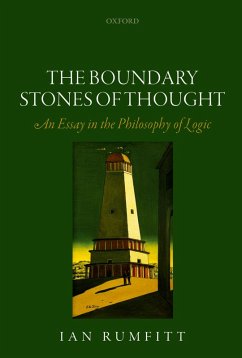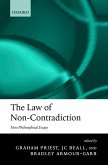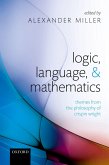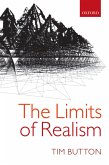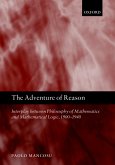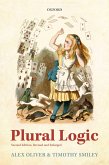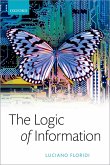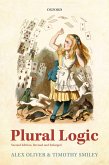The Boundary Stones of Thought seeks to defend classical logic from a number of attacks of a broadly anti-realist character. Ian Rumfitt is sympathetic to many of the premisses underlying these attacks. Indeed, he regards some of them as effective challenges to certain principles of classical semantics, notably the Principle of Bivalence. He argues, though, that they are ineffective against classical logic itself. The book starts by considering the general problem of how conflicts over logical laws may be rationally discussed and adjudicated. This leads to a consideration of the nature of logic: Rumfitt identifies the particular features that mark out logical consequence from other consequence relations, and he advances a new argument for the ancient thesis that there is a modal element in the notion of logical consequence. He develops a theory of that modal element in terms of perhaps incomplete possibilities, rather than fully determinate possible worlds. Some prima facie powerful arguments against the validity of certain classical logical laws are then analysed in the light of this account of logic. Throughout, care is taken to separate lines of anti-classical argument that, although distinct, are often run together or confused. The analysis yields, as by-products, semantic theories for a number of problematical areas of discourse. These areas include our talk about sub-atomic particles, about the infinite, about infinitesimals, about sets, and vague discourse. Rumfitt concludes by defending his stance of accepting classical logic while rejecting Bivalence, against Aristotle's argument that a classical logician is committed to Bivalence. The ultimate aim is to liberate classical logic from the dead hand of classical semantics.
Dieser Download kann aus rechtlichen Gründen nur mit Rechnungsadresse in A, B, BG, CY, CZ, D, DK, EW, E, FIN, F, GR, HR, H, IRL, I, LT, L, LR, M, NL, PL, P, R, S, SLO, SK ausgeliefert werden.

